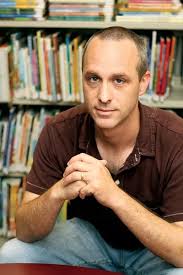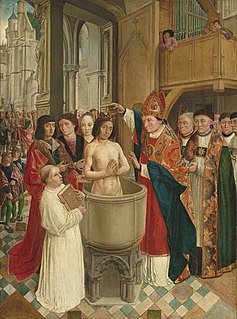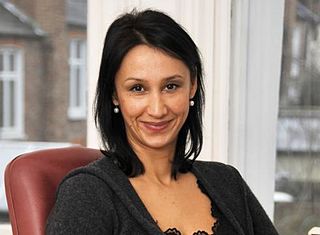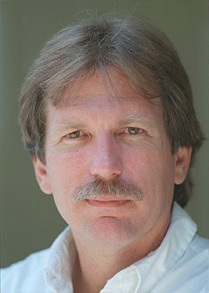A Quote by Mark Vonnegut
Most adults have forgotten what they had to do to survive childhood.
Related Quotes
Nicholas Benedict did have an exceptional gift for knowing things (more exceptional, in fact, than most adults would have thought possible), and yet not even he could know that this next chapter was to be the most unusual-and most important-of his entire childhood. Indeed, the strange days that lay ahead would change him forever, though for now they had less substance than the mist through which he ran.
All of my childhood, we were on welfare. My mom received Aid for Families with Dependent Children - welfare. Without that, we wouldn't have had subsidized housing. Most of my childhood, we had a two-bedroom apartment, but eventually we got into the projects, where we had four bedrooms. That was great.
Children have a lesson adults should learn, to not be ashamed of failing, but to get up and try again. Most of us adults are so afraid, so cautious, so 'safe,' and therefore so shrinking and rigid and afraid that it is why so many humans fail. Most middle-aged adults have resigned themselves to failure.

































